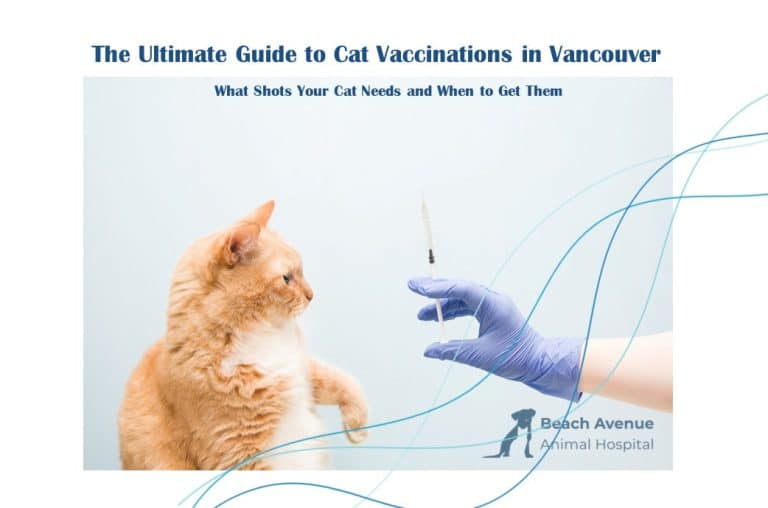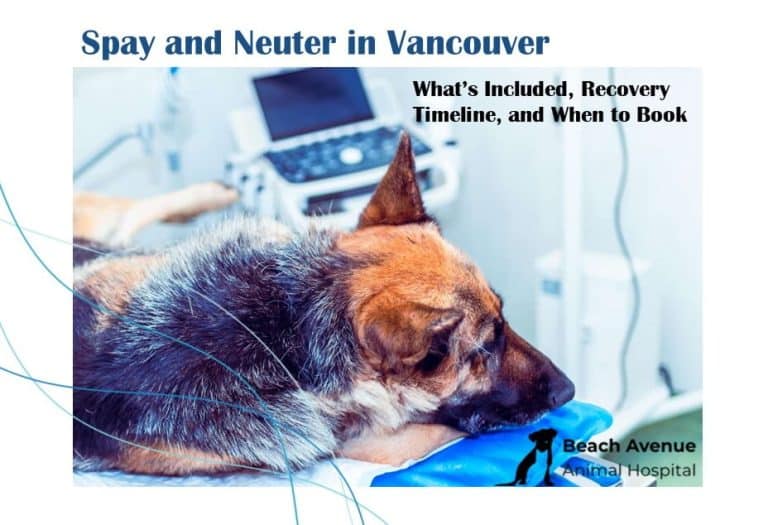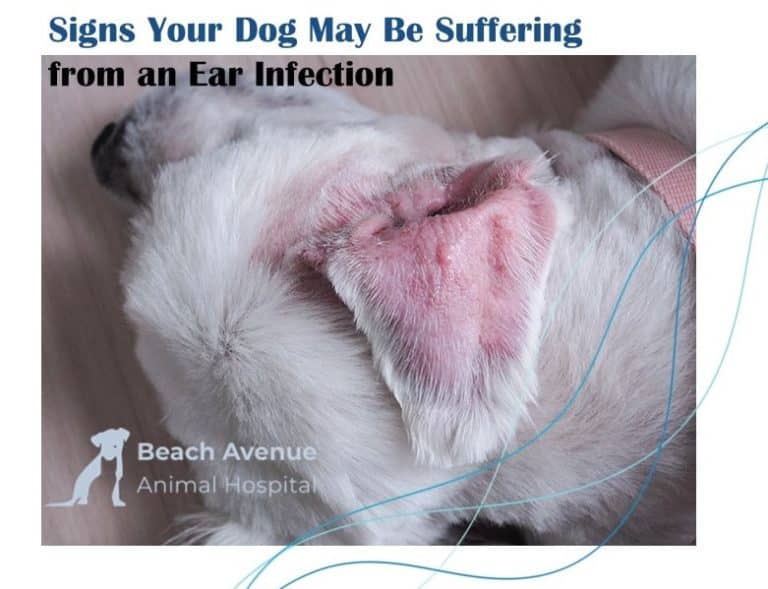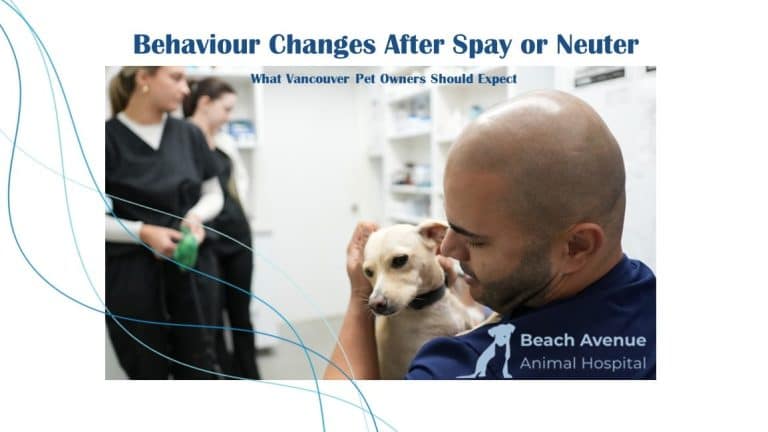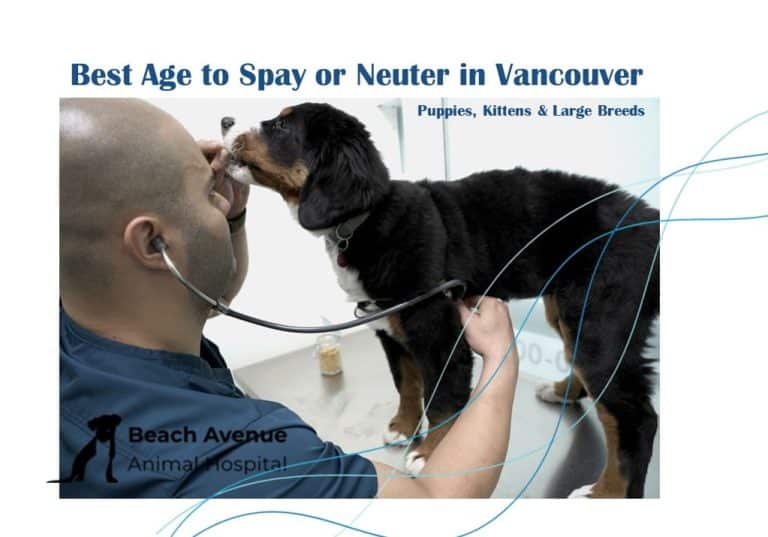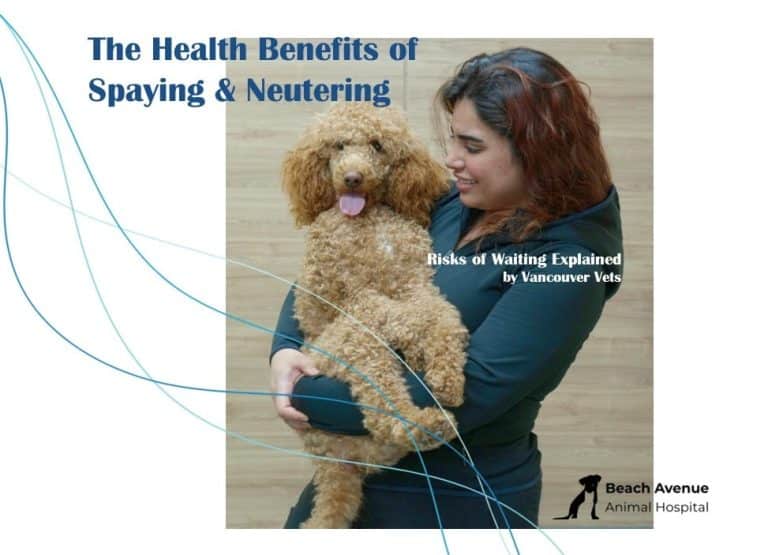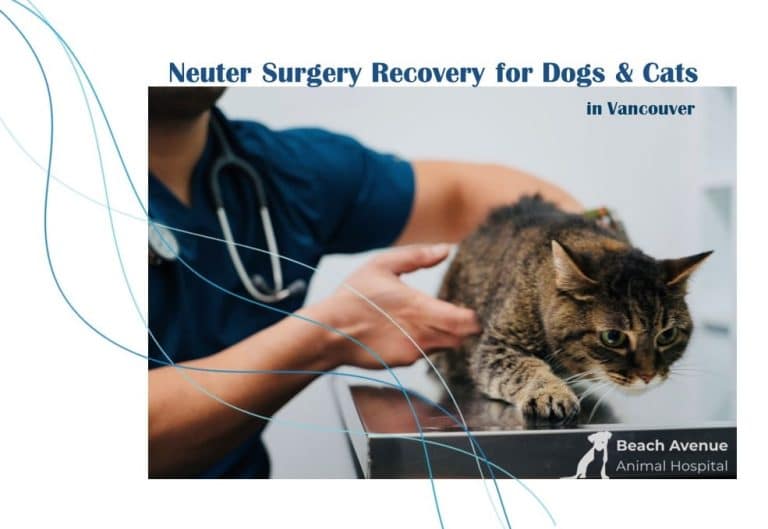Has your furry friend just been for a spaying or neutering? Or have they had a benign tumor removed? Most Pet Surgical and soft tissue surgeries have very similar aftercare. Here is a post-surgery aftercare cheat sheet for you.
- When you pick your pet up from our hospital, he may be a little drowsy. This is quite normal following an anesthetic procedure. The drowsiness should subside over the next 12 – 24 hours. Please keep them inside and warm tonight.
- There may be some bruising, just as in humans, so your pet should not be expected to be completely normal for a few days.
- Keep your pet quiet and rested for the full two-week recovery period. This means no running, jumping, or vigorous activity.
- The stitches will need to be kept dry, which means no swimming or bathing for the next two weeks. The suture material at our hospital is absorbable, and will NOT require any removal.
- It is very important that your pet does not lick their stitches as this can introduce infection and also open the wound.
If you have another pet at home, it is advised that they are not left alone and unsupervised as their housemates have tendencies to lick or chew the incision site for the patient. - For dogs: daily walks are encouraged, 3 times a day, 10-15 minutes long.
- Please monitor the incision daily for any signs of redness, swelling, or discharge; and if any of these are identified please contact us immediately.
- The evening after surgery offer your pet only small amounts of food and water tonight. From tomorrow morning, he can receive food and water as normal.
Things to look out for
Generally, there are very few complications following this operation, however, there are some signs to watch out for that may indicate a problem. If you notice any of these signs please contact us:
- Dull and listless (especially after the first 24 hours)
- Excessive redness or irritation around the suture line
- Swelling or lumps around the suture
- Discharge from the wound or reproductive organs
- Vomiting, diarrhea, inappetence or blood in the stool
- Chewing at sutures
- Broken sutures or odour from the wound
- Urinary incontinence (leaking of urine)
- No bowel movement for more than 2 days after coming home
Wound care
An Elizabethan collar is supplied to stop licking and chewing the wound area. Leave this on for the full two weeks, even if your pet protests. This collar will prevent the site from reopening and any infection.
Medication
Make sure you READ THE LABEL CAREFULLY and ensure that all medication is administered as instructed. If you are experiencing any difficulty in dosing your pet please contact your clinic for advice.
Please give the prescribed medication as directed and feed you pet normally throughout this time.
We hope this post-surgery after care cheat sheet has been helpful to you! If you are unsure about anything, please contact your vet clinic.


